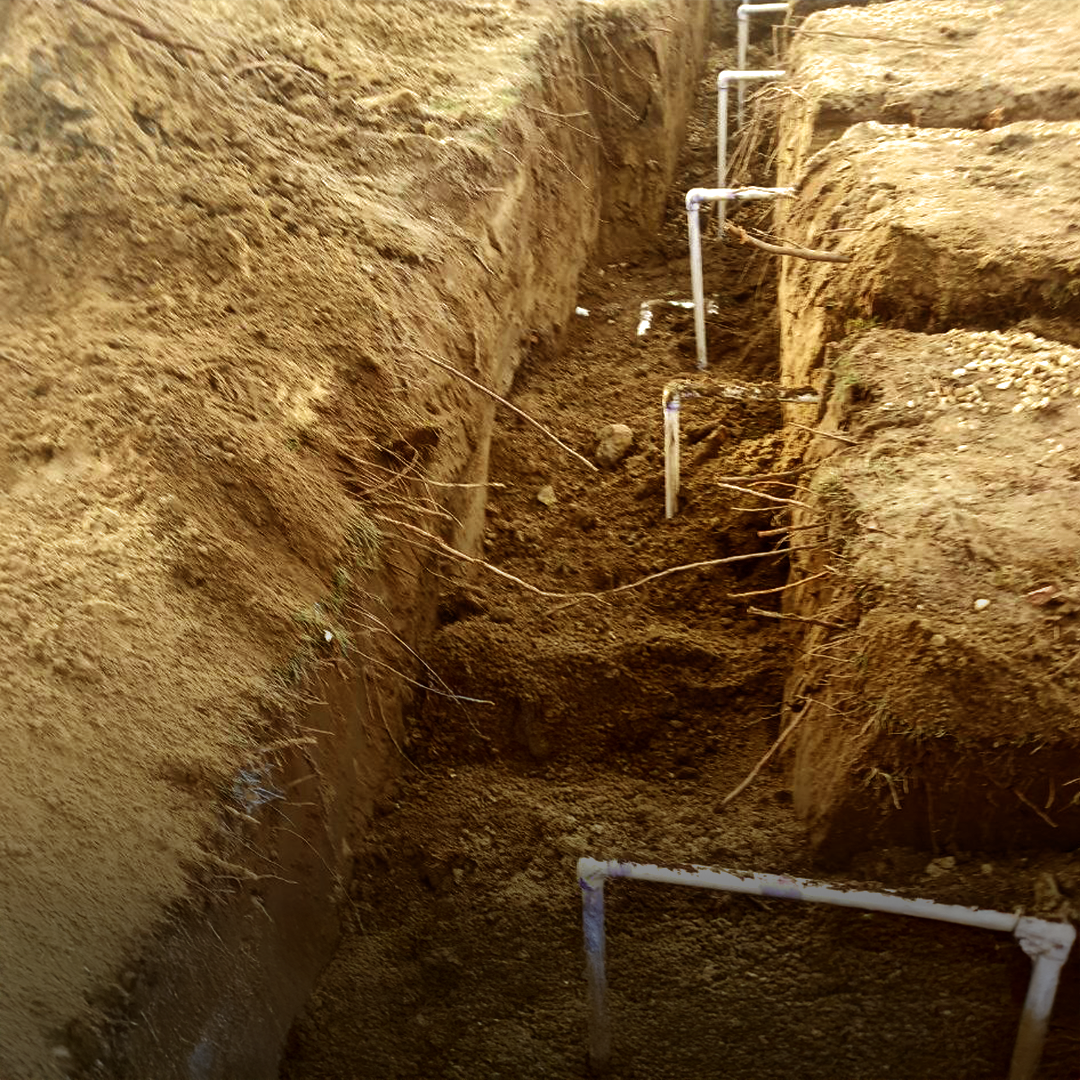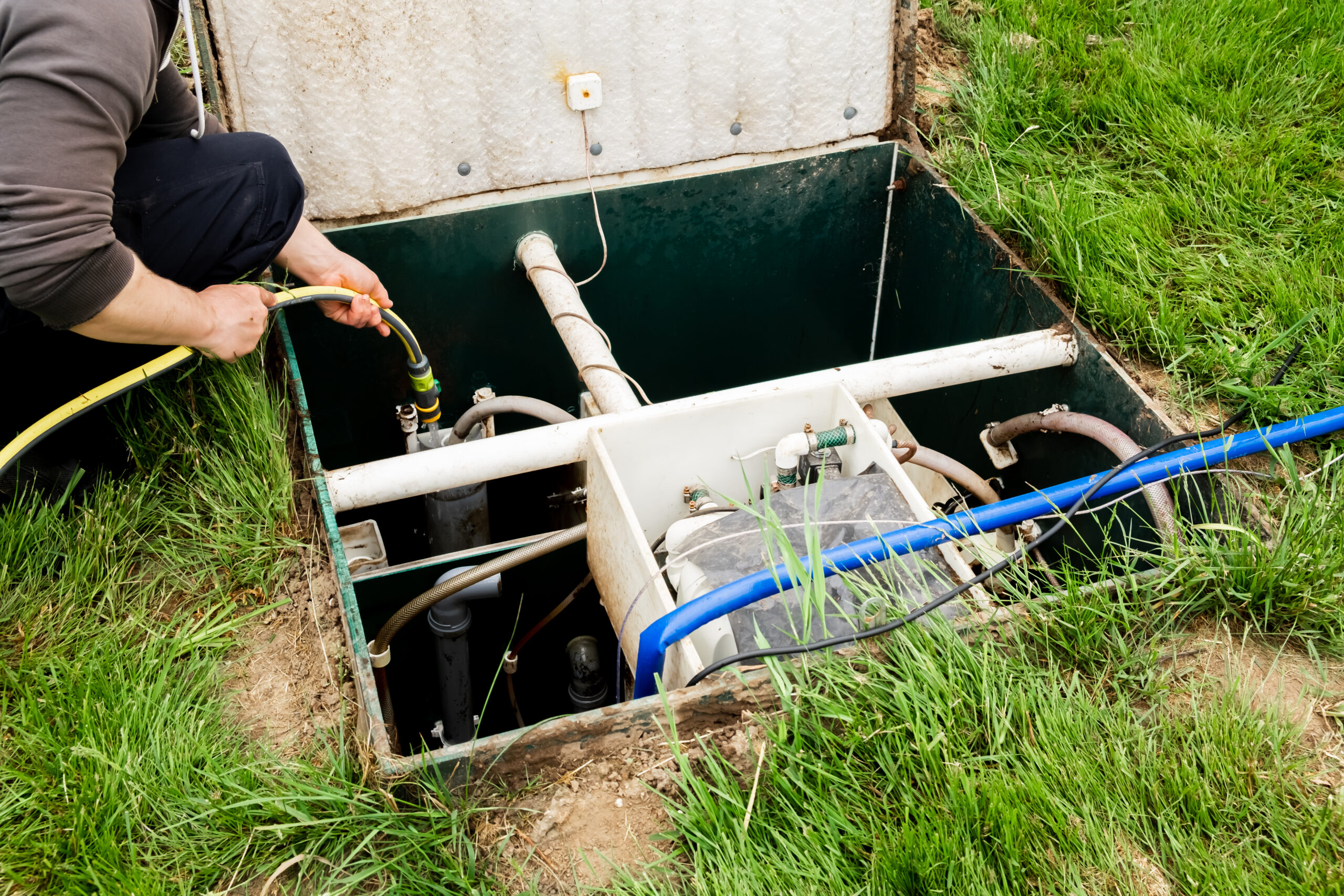Septic tank pumping is essential every 3–5 years to prevent system overload, backups, and costly repairs. Septic systems often spark confusion due to widespread myths, misinformation, and a general lack of public awareness about how they function properly. This article aims to separate truth from fiction, helping homeowners understand how septic tank additives work and what they can realistically expect. Whether you’re a new homeowner or maintaining a long-standing property, it’s crucial to know what’s truly effective for your septic system. Failing to understand these basics can lead to costly repairs, property damage, or health hazards that are easily preventable with proper care. Let’s dig deep into common misconceptions and give you clarity that every responsible homeowner should have about septic maintenance.
Myth 1: Septic Systems Don’t Need Regular Maintenance
Septic system failure occurs when untreated wastewater escapes, posing serious health risks and contaminating groundwater or nearby water sources. Some believe that septic systems are set-and-forget setups, needing attention only when there’s a backup or foul odor. In truth, like any home system, they require consistent checkups and pumping to function smoothly and avoid potential breakdowns. Neglecting routine maintenance often leads to solid buildup in the tank, causing blockages that back up into your home or yard.
Even with products like septic tank additives, regular pumping and inspections remain essential for long-term system health and efficiency. Septic Masters, a leading expert in the field, recommends inspections every 1-3 years depending on household size and system type.
Myth 2: All Septic Tank Additives Can Replace Pumping
A widely believed myth is that using septic additives completely eliminates the need for manual pumping or professional servicing. Although additives help manage waste breakdown, they do not remove solids that accumulate and settle at the tank’s bottom. If not pumped regularly, these solids can overflow, clog drain fields, and damage the system—resulting in costly repairs or total failure. Additives serve as a supplement—not a substitute—enhancing microbial activity to assist in breaking down organic waste efficiently. Still, every tank will eventually fill with sludge and require a proper cleaning to prevent system saturation and household disruptions.
Myth 3: It’s Okay to Flush Household Chemicals Down the Drain
Mixing household bleach with other cleaners can create toxic fumes, so always follow label directions carefully. Many homeowners think pouring bleach, disinfectants, or drain cleaners into their system won’t affect the balance inside their septic tank. This couldn’t be further from the truth, as harsh chemicals can destroy helpful bacteria that process waste within the septic system.
These bacteria are crucial for organic matter breakdown, and without them, your tank fills faster, causing odor and overflow problems. Even when using additives, the presence of toxic chemicals can interfere with their ability to enhance bacterial performance. To maintain optimal conditions, always dispose of household chemicals separately and only flush waste and biodegradable toilet paper.
Myth 4: Additives Always Work the Same Across Every System
Not all additives are created equal, each product has specific ingredients, purposes, and varying results depending on your setup. Some are enzyme-based, others bacterial, while a few may contain chemical agents that offer short-term results but harm the system long-term. It’s important to choose products that are biologically safe and recommended by trusted sources like certified plumbers or Septic Masters. Blindly buying over-the-counter additives without understanding their composition can do more harm than good to your delicate ecosystem. Always research the product’s effectiveness, environmental impact, and compatibility with your system’s unique design and usage patterns.
Myth 5: Septic Systems Are Outdated and Inefficient
Some consider septic systems as outdated alternatives to modern municipal sewage, assuming they’re less efficient and more trouble than they’re worth. In fact, modern septic designs are highly efficient, eco-friendly, and perfect for rural areas where central sewage systems don’t reach. When maintained properly—using smart practices and, occasionally, the right septic additives—they can last for decades without issue. They allow homeowners more control over waste management and often lead to lower utility bills compared to city sewer systems. Understanding your septic system’s strengths makes it easier to care for, and myths shouldn’t drive decisions regarding its upkeep. Routine inspections of the septic tank drain help prevent costly issues and keep your system running efficiently.
Key Takeaways for Smarter Septic System Care
Homeowners must educate themselves about septic system health to avoid unnecessary expenses and ensure long-term efficiency of their setup. Relying solely on additives will not prevent the need for routine pumping, inspections, and responsible waste disposal habits. Working with reliable professionals like Septic Masters ensures you’re getting honest advice, proper servicing, and effective product recommendations. Avoid household myths, and instead, commit to balanced care—monitoring waste input, maintaining bacteria health, and scheduling timely cleanouts. With the right knowledge and effort, your septic system will serve your home reliably, efficiently, and cost-effectively for many years.
Final Word:
While septic tank additives can be beneficial, they are not miracle solutions and must be part of a holistic care approach. Debunking myths empowers you to make informed decisions that protect your investment, health, and environment through smart septic practices. Routine maintenance and inspections can significantly extend your septic system lifespan, saving you thousands in replacement costs.Don’t DIY Your Way to Disaster! Myth: You’re a septic expert.
Truth: Septic Masters actually are. Book your inspection now and stay out of deep doo-doo.




